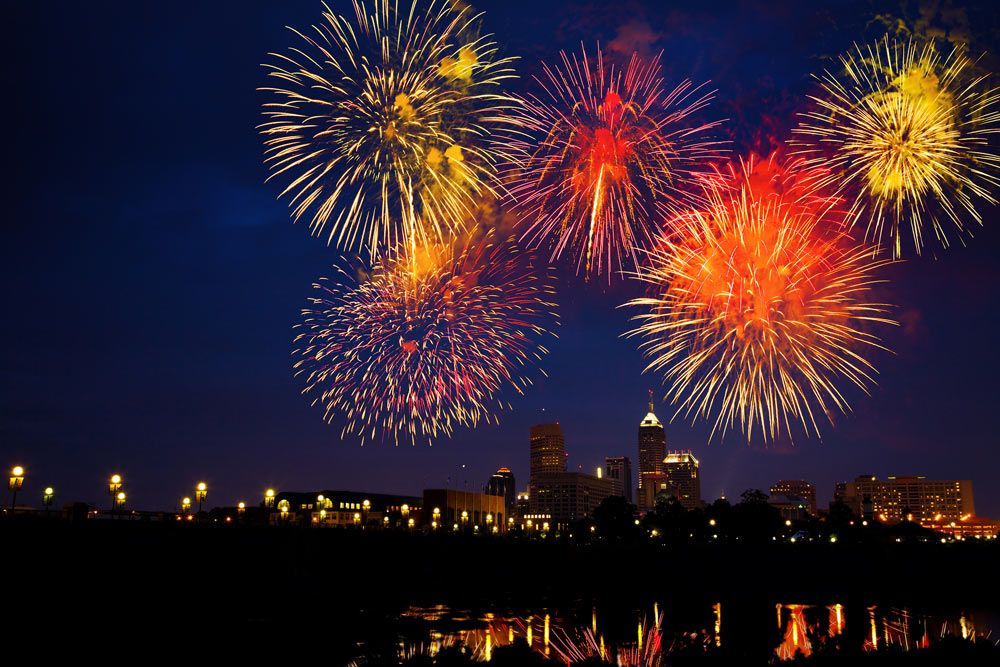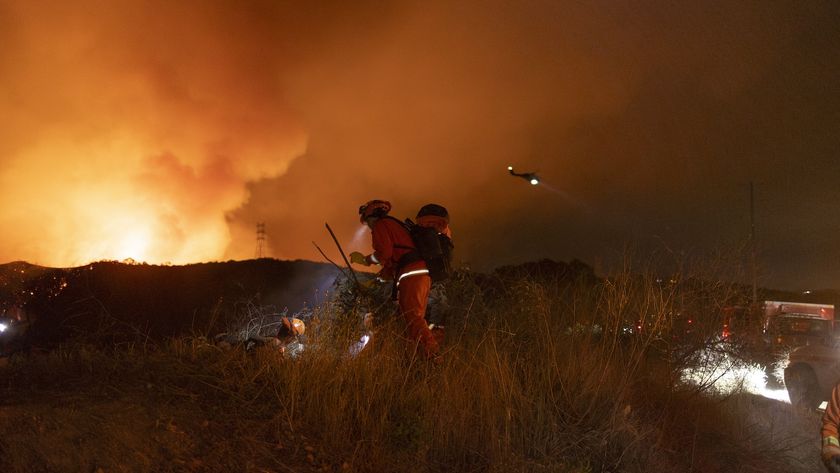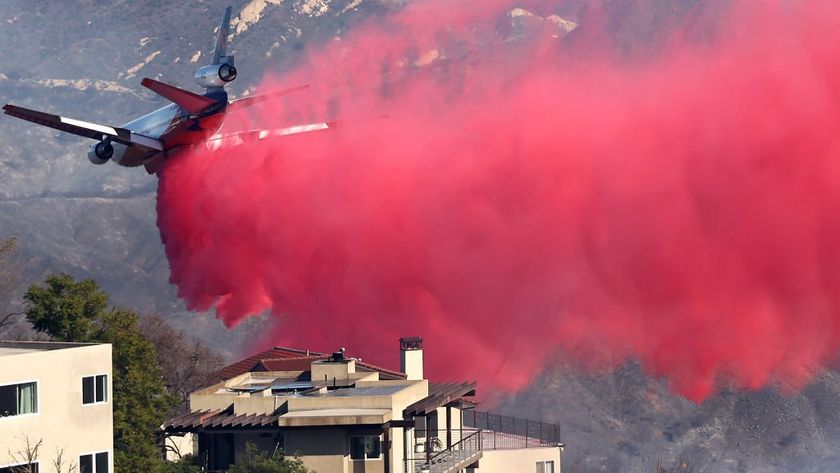Wildfires May Stomp Out Colorado Fireworks

The rockets' red glare won't be quite as bright as usual in Colorado this year, thanks to a statewide fireworks ban forbidding private use of pyrotechnics.
The ban, signed into effect by Colorado Gov. John Hickenlooper on June 14, is a response to the wildfires that have ripped through the state, burning hundreds of homes and killing at least three people. Hot weather and dry conditions have exacerbated the fire danger in the state.
Meanwhile, more than 30 cities and counties across the state are cancelling municipal fireworks displays. Jefferson County west of Denver has banned all city fireworks, as has Adams County west of the city. Denver plans to go forward with its July 3 fireworks display.
Fort Collins, just a few miles from the High Park Fire that has burned more than 87,000 acres, is among the cities that will eschew fireworks in favor of live music and other, less combustible, activities. The city of Boulder has also cancelled its Independence Day fireworks after the Flagstaff fire burned 300 acres only 1.5 miles (2.4 kilometers) from town. At least nine fireworks displays have been canceled in Colorado Springs, site of the devastating Waldo Canyon fire that has destroyed more than 300 homes.
Though some cities have determined that professionals can handle the risk, fireworks are a known fire danger. According to the National Fire Protection Association, fireworks caused an estimated 15,500 reported fires in 2010. More than 1,000 of these fires affected homes or other buildings, while 300 damaged vehicles.
Occasionally, fires started by fireworks spread beyond the backyard. In 2009, a 643-acre fire in Auburn, Calif., was attributed to teenagers setting off bottle rockets and firecrackers. And this year's still-burning Bear Trap 2 fire near Ennis, Mont., has been blamed on fireworks. That fire has burned 15,270 acres.
Follow Stephanie Pappas on Twitter @sipappas or LiveScience @livescience. We're also on Facebook & Google+.
Sign up for the Live Science daily newsletter now
Get the world’s most fascinating discoveries delivered straight to your inbox.

Stephanie Pappas is a contributing writer for Live Science, covering topics ranging from geoscience to archaeology to the human brain and behavior. She was previously a senior writer for Live Science but is now a freelancer based in Denver, Colorado, and regularly contributes to Scientific American and The Monitor, the monthly magazine of the American Psychological Association. Stephanie received a bachelor's degree in psychology from the University of South Carolina and a graduate certificate in science communication from the University of California, Santa Cruz.











